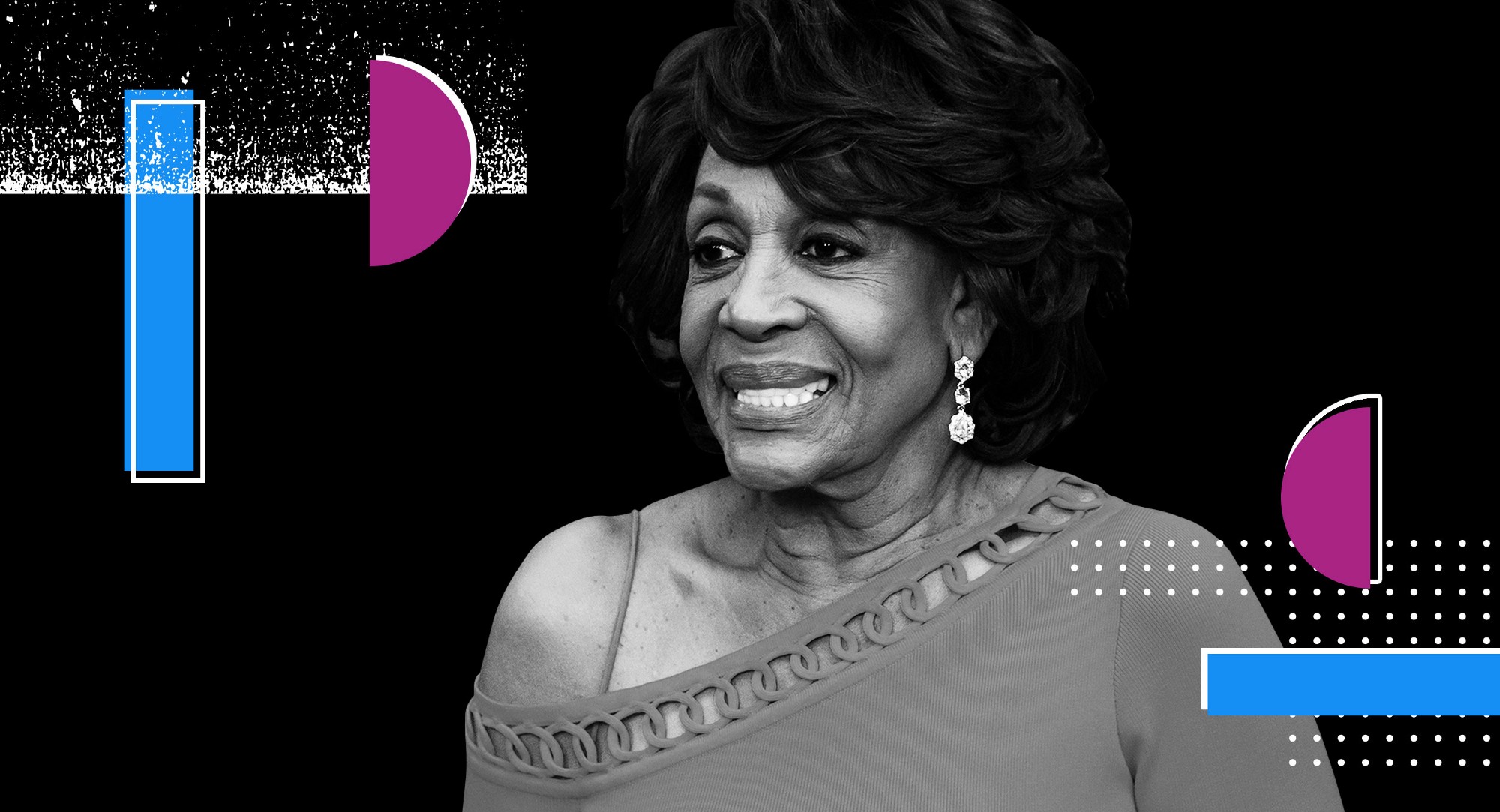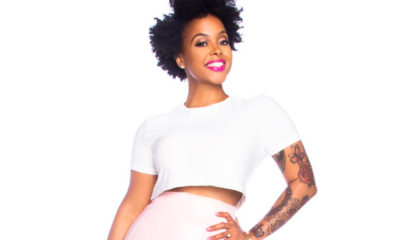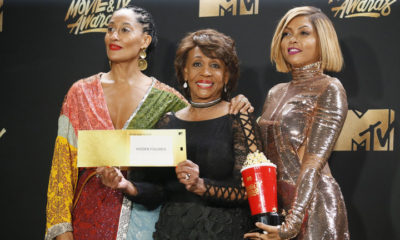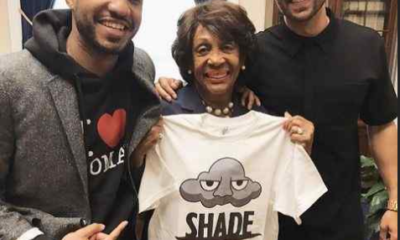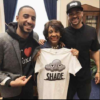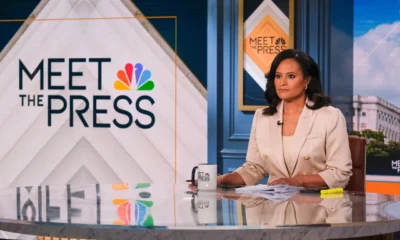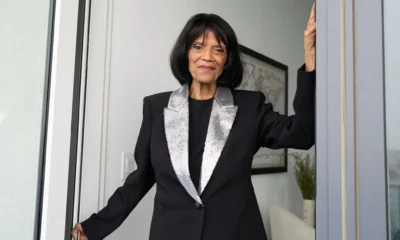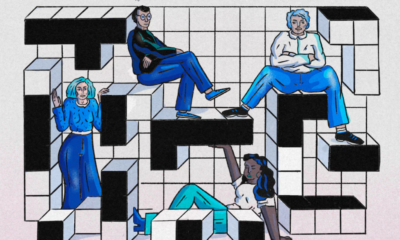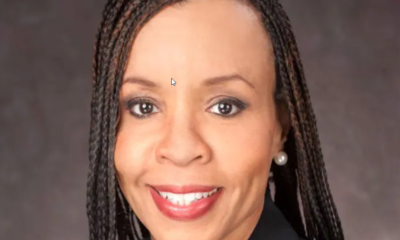Black Women in the News
Maxine Waters and the burden of the ‘strong black woman’
Perspective | It doesn’t leave room for vulnerability
Anyone who doesn’t know that Rep. Maxine Waters is not to be trifled with has not been paying attention.
A few weeks ago, during a congressional hearing, the California Democrat silenced the U.S. treasury secretary and gave voice to legions of exasperated women by repeating the phrase, “Reclaiming my time.” She has been an unyielding critic of President Trump, calling for his impeachment. The president’s supporters have pushed back hard, disparaging her record in Congress and, in one highly public instance, her appearance.
But Waters, 79, has not seemed shaken by the blowback.
The crowd of mostly black women roared in agreement. Waters is perhaps the most popular fighter in “the resistance” against the Trump administration, especially to millennials, who have affectionately named her “Auntie Maxine.” Her signature visage — a disapproving glare over the top of her glasses — has been printed on T-shirts, and her retort to Treasury Secretary Steven Mnuchin became a social media hashtag and the inspiration for a gospel song. When I interviewed her in April for a profile, she seemed confident, resolute — strong.
Yet as the celebration continued on social media, with memes quoting Waters’s self-affirming statement, I winced, as I thought about what it means to be a strong black woman.
When it’s time to rumble, everybody looks to you to take the first swing. And if you don’t show up, some folks are upset or suspicious, wondering whether you’ve lost your super powers or maybe cut a deal. And you have to calibrate that show of strength just so, or you become marginalized as an angry black woman.
Kaila Story, an associate professor of women’s and gender studies at the University of Louisville, said that people use the phrase in the most positive and affirmative sense. But it carries historical and present-day connotations that “pigeonhole black women’s images.”
“I don’t think Maxine meant any harm, and I saw it as an affirmation of herself,” Story said. “But in these times and especially in this climate, with all of the violence affecting black girls and women constantly every day, we need to leave room for a more holistic picture and understanding of who we are as human beings, not stereotypes.”
The term “strong black woman” has been used to laud the bravery of historical heroines such as Harriet Tubman, Sojourner Truth and Ida B. Wells. But it also has been abused in popular culture, from the tart-tongued, emasculating Sapphire character of the 1950s “Amos ‘n Andy Show,” to the more contemporary works of comedians and filmmakers such as Martin Lawrence and Tyler Perry, who don drag to portray cartoonishly powerful black matriarchs.
Either way, the dominant image of the boss black woman is an incomplete portrait. What of those black women who, because of oppressive or unsafe …
Please read original article-Maxine Waters and the burden of the ‘strong black woman’



